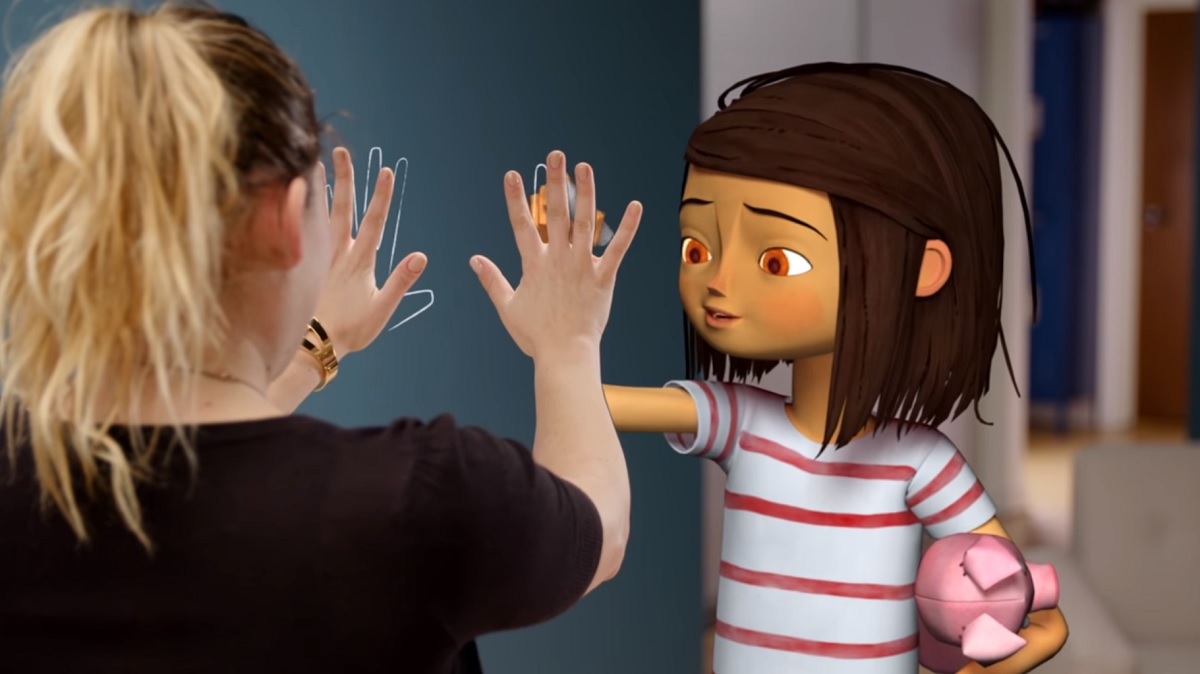Edward Saatchi, the CEO of Fable Studio and maker of Emmy-winning virtual reality experiences, participated in a thoughtful conversation about “virtual beings” at our recent GamesBeat Summit 2020 event.
I called the session “We are who we pretend to be,” after the moral of story in one of my favorite novels, Kurt Vonnegut’s Mother Night. The novel is about an American spy in World War II who does too good a job at his cover role of being a Nazi propagandist. The moral is: “We are who we pretend to be, so we must be careful about what we pretend to be.”

Unlock premium content and VIP community perks with GB M A X!
Join now to enjoy our free and premium membership perks.
![]()

![]()